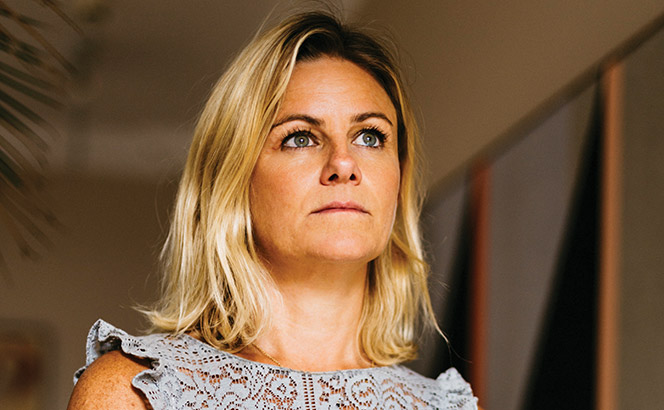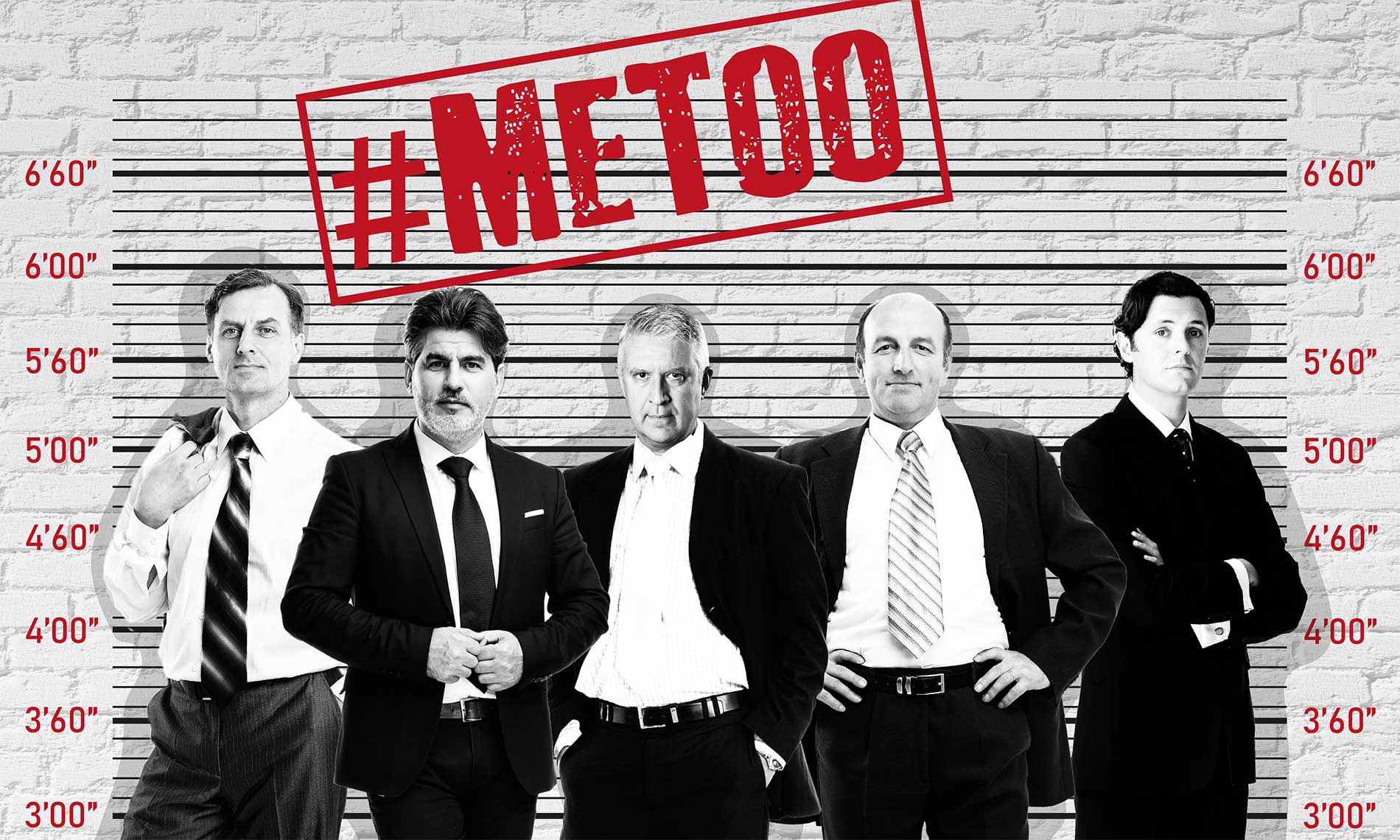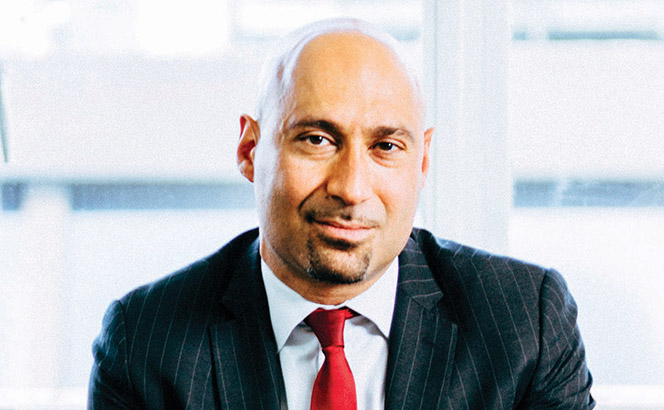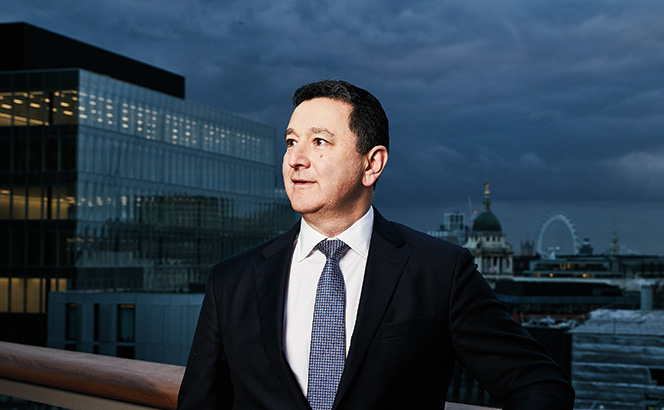
Letting go: anathema to a control-freak partner
Two observations from the GC of BT Technology, Chris Fowler, stand out in our innovation feature, ‘Arrested development’. One: ‘If…

Two observations from the GC of BT Technology, Chris Fowler, stand out in our innovation feature, ‘Arrested development’. One: ‘If…

If 2020 was about surviving coronavirus and lockdown, 2021 is most certainly about rebuilding and making up for lost time.…

The whimpering conclusion to the three-year saga that dragged City law into the middle of #MeToo could hardly have been…

The High Court ruling in November that overturned the Solicitors Disciplinary Tribunal (SDT)’s finding against ex-Freshfields partner Ryan Beckwith has…

It has been a difficult year for Freshfields. In PR terms it has been an annus horribilis, and the enormity…

Barely into 2020 and news came that probably the most influential business thinker of the last 20 years had passed…

Barely into 2020 and news came that probably the most influential business thinker of the last 20 years had passed…

Ask senior figures in the profession what has materially changed in the legal industry over the last decade and answers…

Ask senior figures in the profession what has materially changed in the legal industry over the last decade and answers…

For more than a decade now technology and innovation jargon has been pushing its way inelegantly into the legal sphere.…

It is a measure of how fast-moving the Brexit-dominated landscape now is that imagery in this year’s Legal Business 100 (LB100)…

It is a measure of how fast-moving the Brexit-dominated landscape now is that imagery in this year’s Legal Business 100 (LB100)…

No-one got into journalism to be consistent, the trade typically being more attractive to trouble-makers than those hunting for enduring…

No-one got into journalism to be consistent, the trade typically being more attractive to trouble-makers than those hunting for enduring…

The good news is that up close the reality turns out to be not as awful as the cynics have…

The name, the Mindful Business Charter, does not in itself inspire huge confidence but, judging the legal profession on its…

The name, the Mindful Business Charter, does not in itself inspire huge confidence but, judging the legal profession on its…

Having recently shared a few drinks with one of the most talked-up youngish corporate lawyers in the City, the question…

A little over five years ago Legal Business produced a cover feature dubbed ‘How to improve a law firm in…

The sheepish evasion now emanating from the once-lauded social mobility project PRIME is an abject lesson in what ethically ails…